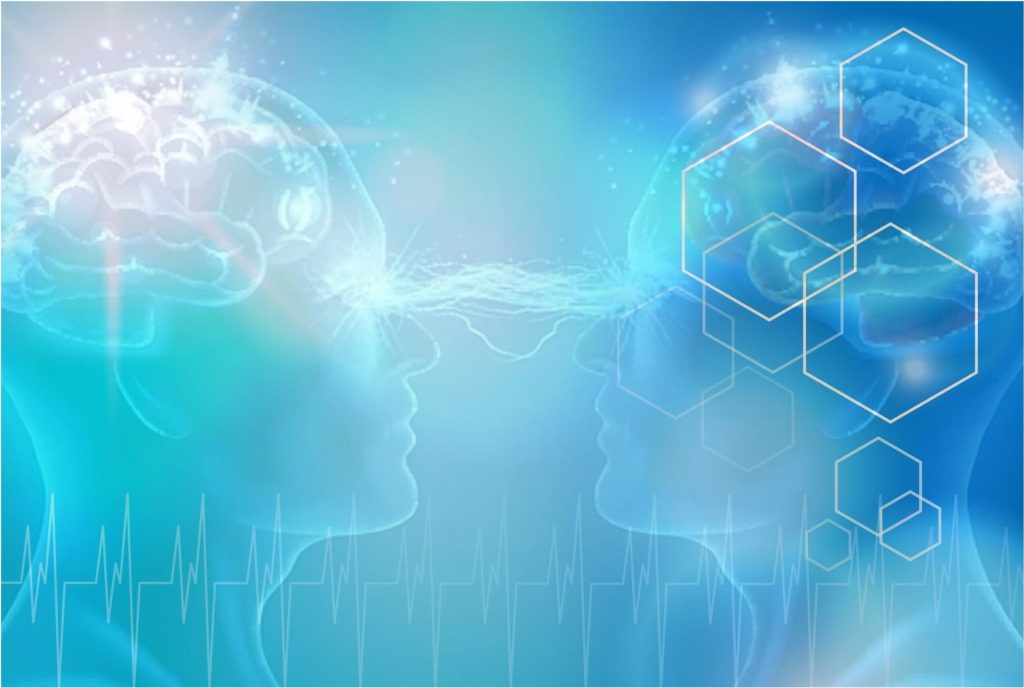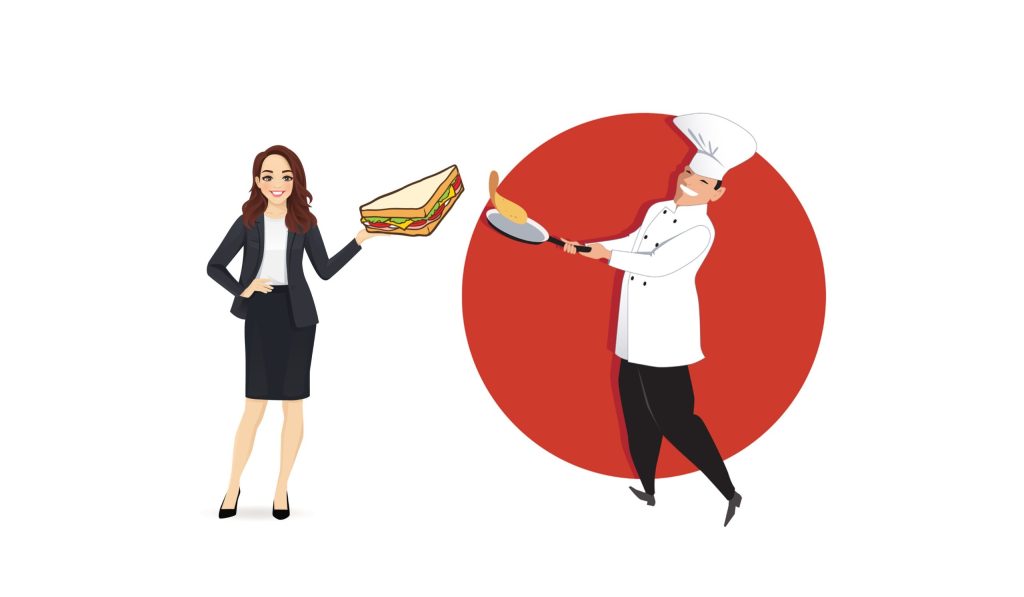In the late 1990s, Japanese scientist Masaru Emoto experimented with frozen water; he examined it and photographed it under a microscope and found that the shapes of water crystals varied according to words and sounds. Water subjected to the vibrations of positive words and thoughts formed beautiful crystals, water subjected to the vibrations of negative words and thoughts reacted by creating forms lacking harmony. The subtle energy whose vibration water can register in Japanese culture is called Hado.
The experiment has also been challenged for unscientific methodologies. However, this does not erase what has now been demonstrated and affirmed in other fields, from neuroscience to quantum physics: the words we use, or that people around us use, have an effect on each of us.
 Now you might wonder or wonder:
Now you might wonder or wonder:
What do Masaru Emoto’s
ice water experiments
have to do with the anti-COVID vaccine?
And why the title question:
Vaccine “against” COVID-19 or “for” something?
It has been almost a year since we began to experience the lockdown due to COVID-19, since we began to simultaneously read, hear, see, and experience the pandemic and infodemic that were spreading, both, around the world.
It has been almost a year that we have been hearing, saying, writing and reading so many words, some of them new, including many with a war background: war, trench, heroes, invisible enemy, isolation, task force, red zone, combat, curfew, resistance, war, masks as ammunition… and now, for the past few months, everywhere we have been talking about the anti-COVID and/or anti-COVID vaccine.
In an interview in repubblica on May 14, Claudio Marazzini, president of the Accademia della Crusca, said that language sometimes seems secondary, yet it ties together various issues of substance, has philosophical and legal implications.
And not only that, I would add. The words we use have psychological, emotional and, consequently, behavioral implications.
What kind of emotions/energy can
generate words like war, trench, curfew…
and all of the above?
In addition to that, for the past few months, everywhere has been talking about anti-COVID and/or COVID vaccine. And, in most cases, that’s all there is. Nothing else.
Newspapers, news reports, various radio and TV broadcasts, social media… everywhere we find these kinds of expressions; fortunately, some doctors and nurses on their respective socials have written things like “I vaccinate for quality of life,” “I chose it for me, for the work I do, for the people I see, for the many people I treat, to be in my own small way an example to others, and to begin to hope for future freedom.”
So many different reasons for going toward something! When I was in middle school, I had a principal who was so insistent about the difference between thinking you are free from something or for something.
In Neurolinguistic Programming, metaprograms, which originate in Jung’s work set forth in his 1923 book “Psychological Types,” define recurring patterns in people’s strategies, thinking styles. They indicate how we think, how we experience, how we feel emotions, what we pay attention to and how we make decisions. They influence our internal representations and behaviors.
Regarding the approach to problems there are the metaprograms of direction, “Away from” and “Toward,” which distinguish the tendency to “move away” from a problem, a threat, a pain (Away from) and the tendency to move toward something, a goal, a desire, an outcome. On the one hand prevails the sense of avoidance of negative situations characterized by reactivity, on the other hand the desire to achieve, get results characterized by proactivity.
Not that one is necessarily better than the other if we are talking in terms of motivational levers because it depends on the individual person, but the previous question applies:
What kind of emotions/energy
generate certain expressions?
What do we want to focus on?
Only on what we want to fight, avoid
or on what we want to achieve, build?
Gandhi said:
Keep your thoughts positive, because your thoughts become words.
Keep your words positive, because your words become your behaviors.
Keep your behaviors positive, because your behaviors become your habits.
Keep your habits positive, because your habits become your values.
Keep your values positive, because your values become your destiny.
I personally believe that generating hope, confidence and courage is more functional than generating fear or anger. I can understand that the functional variable is given by the goal I set for myself.
It might be a good idea to at least use both, do you agree?
Thank you
Emanuela
You may also be interested in
All articles
Loneliness in the Age of Communities
Mother Teresa called loneliness the most terrible poverty, associating it with the feeling of…

Doctor-patient relationship: the placebo effect of communication
I start with a quote from Prof. Fabrizio Benedetti, professor of neuroscience at the…

Feedback: when the sandwich becomes an omelet
How many times have you heard about how important feedback is? And how crucial…

